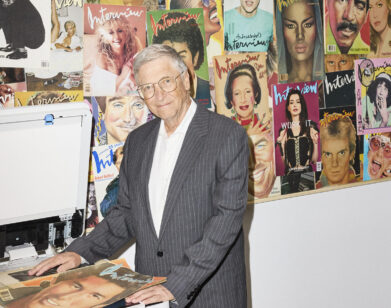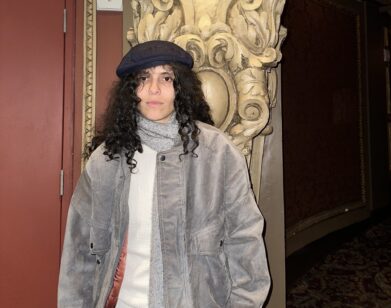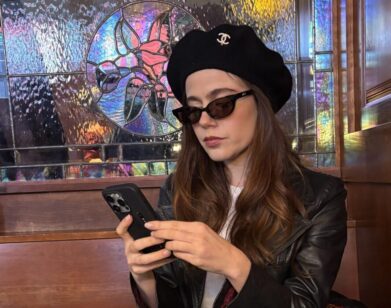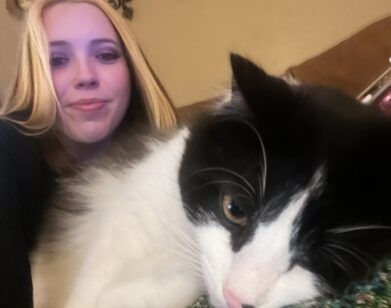Garth Stein’s Flash Point
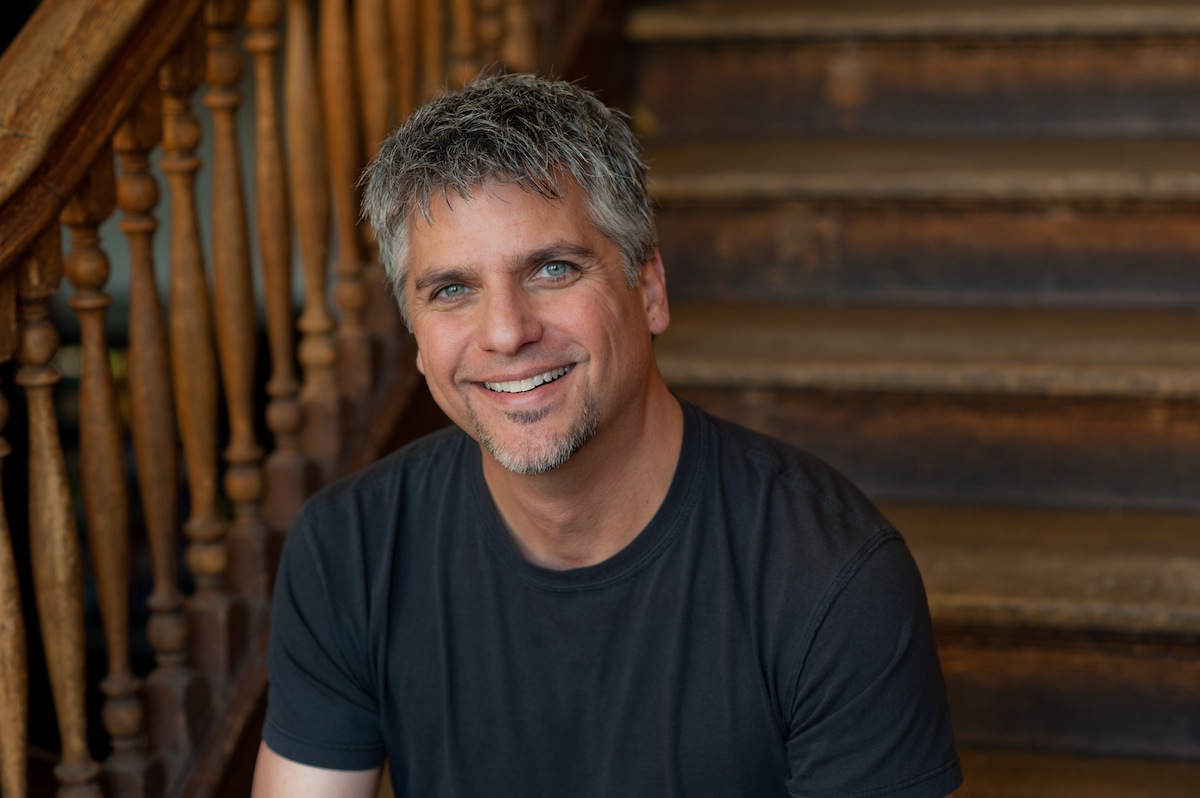
ABOVE: GARTH STEIN. PHOTO COURTESY OF SUSAN DOUPÉ PHOTOGRAPHY
Garth Stein’s latest novel A Sudden Light (Simon & Schuster) is haunting and full of longing. When 14 year-old Trevor’s parents split up and his father’s business fall apart, Trevor returns with his dad to Riddell House to meet his father’s family for the first time. Residing in the ramschackle Riddell mansion, built by timber-baron ancestors, are Trevor’s ailing grandfather, sexy, secretive aunt, and spirits from the Riddells’ painful past. Set against the stunning beauty of the Pacific Northwest and told with expert angst, empathy, poetry, and mystery, Stein has created an ode to nature and redemption. As Trevor encounters supernatural forces that grow stronger, he also uncovers long-buried parts of his family’s history and an inner strength in himself. Stein writes scenes in turn touching and classically sinister, with surprising twists. Taking place in early-’90s Seattle, there is also a fresh innocence and grungy, earth-loving rebellious vibe. We spoke with Stein about the world pre-Internet, what nostalgia does to us, and the respective importance of secrets, climbing redwoods, and ghosts.
ROYAL YOUNG: I grew up in the ’90s and so related to how your book opens with no cell phones. Why did you pick that time right before Internet and cell phones?
GARTH STEIN: The early ’90s were so [about] that one guy you knew who had a cell phone but it was this giant brick he carried around and never used because it cost too much with the roaming charges. Why have it if you never use it? It was that era that still had an air of innocence. Our innocence was swallowed by the Internet.
I also wanted Trevor, my main character, to feel isolated on a lot of levels. He is sort of stuck on this estate and never leaves, except one time where they go to a strange strip mall in Seattle and eat at a Vietnamese restaurant where no one speaks English.
YOUNG: I love the sense of nostalgia with an older narrator looking back on his younger self. What do you think nostalgia does to us? When we yearn for or seek answers from the past how does that drive us?
STEIN: It’s old Trevor narrating about young Trevor learning about his ancestors, so there are many different levels of the past that all influence our present. We must come to terms with our past before we can move forward with our futures. In my books, the search for understanding and reconciling the past is something that is very important. It’s also something only one person really has the ability to accomplish. Trevor comes in as a young person who has not been corrupted yet by influences, no doubt including caffeine and alcohol.
YOUNG: [laughs] There’s the great line from L.P. Hartley: “The past is a foreign country, they do things differently there.”
STEIN: Yeah. I was so fascinated doing research for this book. I came across the history of not only Seattle’s past, but gay Seattle. Seattle was named after William Rufus King, who was President James Buchanan’s gay lover. No one knew it, and they were like, “Let’s name the county after him,” then changed it. I read about some of the older figures who are briefly in the book like Walt Whitman. There has always been a lot of talk of Whitman’s sexuality, whether he was asexual or bisexual or omnisexual. It just was a different time. Men had different, very profound relationships—who can say if they were consummated physically, but there were many very deep love affairs between men that were considered “what we do.” The past is a foreign country.
YOUNG: What happens when you live in secret?
STEIN: In A Sudden Light, there are a lot of secrets.
YOUNG: Do you think living with secrets eats us alive and ultimately destroys us?
STEIN: I think that’s too easy of an out. Sometimes I think we need secrets. Especially in this day and age when people vomit their personal information all over the world, keeping a secret gives us a sense of privacy we have lost. If it’s a toxic secret it’s bad, but not all secrets are.
YOUNG: Definitely. We live in such a transparent world we need to keep some secrets to protect our own space.
STEIN: Right otherwise we become digitized and turn into ether.
YOUNG: Do you think in an increasingly digitized world it’s harder to connect with spirits? Whether that is spirituality or ghosts?
STEIN: I don’t know if our access is blocked, but maybe we listen to that world with a deaf ear more. My wife is very psychic and spiritual, and it drives her crazy to see the reality TV where they go into a haunted house and set up cameras. Spirits are possibly there and in distress, and we turn it into a zoo. They should be trying to release the spirits. With the innumerable distractions we have today, it is hard to get clarity on anything for an extended period. Sometimes you need that in order to see certain things.
I’ve done some tree climbing with my guy Tim Kovar. He takes me up into 200-foot-tall trees. Just the other week ago we climbed an 800-year-old redwood in California, and when you get to the top you’re just there. We’re on tree time. Dangling from a rope at the top of this tree, your whole pace and tempo shifts. That’s where you find your connection to spirituality, nature and the world.
YOUNG: I think many people consciously distance themselves from nature.
STEIN: I agree. And we need to understand the ramifications of that. We’re talking like a couple of tree huggers.
YOUNG: I know, and this from someone who grew up in New York City. I remember wanting to pave over trees with concrete. [both laugh] My attitude has so flipped.
STEIN: Yes, we have to be able to evolve as people.
YOUNG: How does our past inform our future?
STEIN: Another question with great nuance. A lot of those in America don’t have a great sense of our extended past. My father was estranged from his mother so I have no idea who my paternal grandmother was. I don’t even know what country she came from. I only know she came to the United States when she was a kid. Our past always informs our future but sometimes it’s hard to understand how deep that is. What I get to do in writing a novel is I get to explore things on a level that is not possible for everybody. We don’t see things they way they are, we see things the way we are.
A SUDDEN LIGHT IS OUT NOW.

